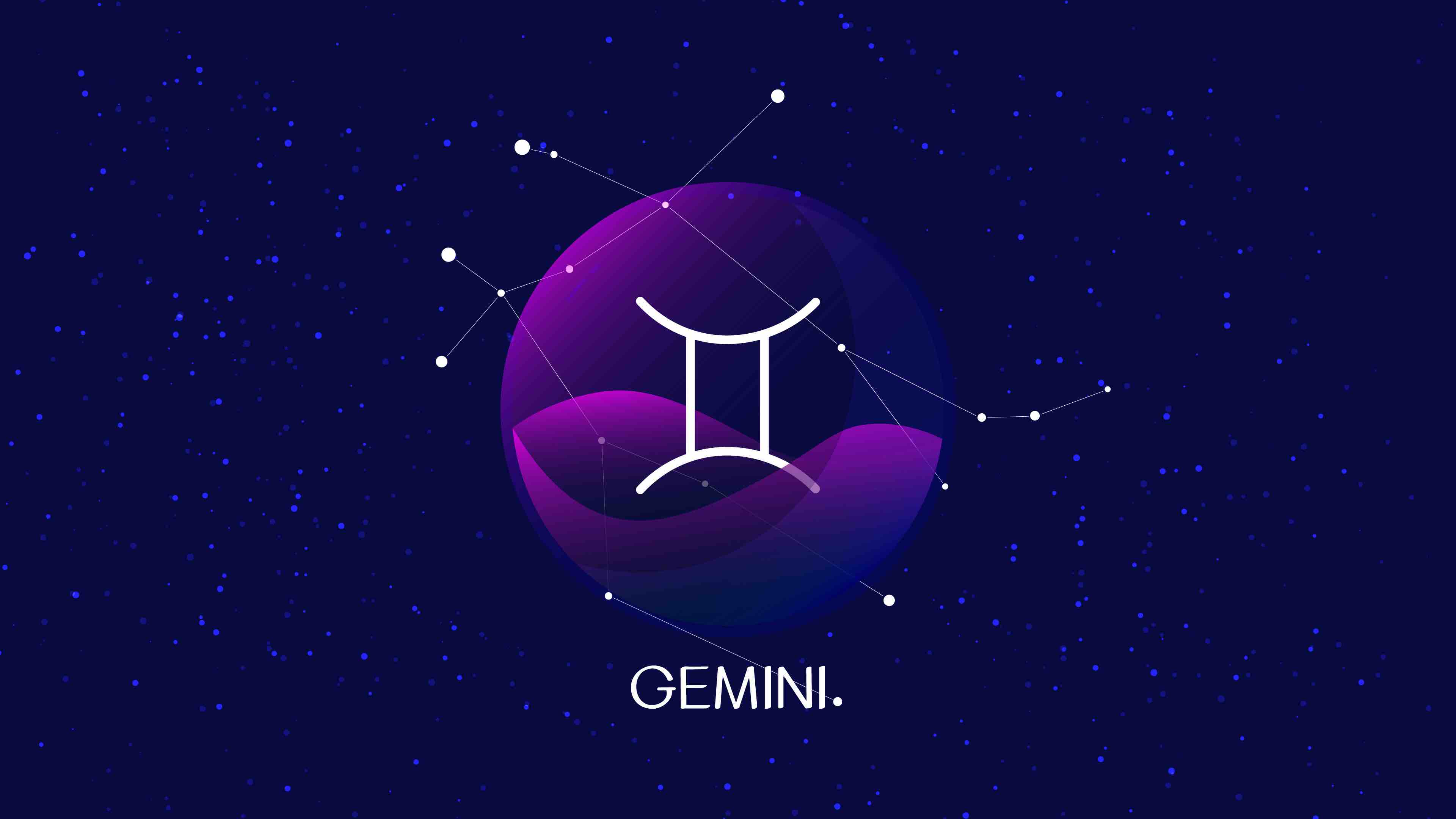 From a series of embarrassing AI missteps to becoming a frontrunner in the field, Google has made a stunning reversal of fortune. The recent unveiling of Gemini 1.5 Pro and Gemma 2 marks a watershed moment for the tech giant, showcasing not just recovery but remarkable advancement in the field of artificial intelligence.
From a series of embarrassing AI missteps to becoming a frontrunner in the field, Google has made a stunning reversal of fortune. The recent unveiling of Gemini 1.5 Pro and Gemma 2 marks a watershed moment for the tech giant, showcasing not just recovery but remarkable advancement in the field of artificial intelligence.
In the past year, Google faced several high-profile blunders with their AI launches. The Bard chatbot provided incorrect information about the James Webb Space Telescope, leading to a $100 billion market value loss for Alphabet in a single day. The Gemini image generation feature also faced criticism for historical inaccuracies and biases, resulting in a swift retraction of the service. These setbacks raised serious concerns about Google’s ability to compete in the rapidly evolving AI landscape, especially with OpenAI’s GPT-4o dominating headlines and Microsoft’s aggressive integration of AI into its products.
However, this week’s announcements have rewritten the narrative. Gemini 1.5 Pro, Google’s latest large language model, has surpassed GPT-4o in several key benchmarks. Its ability to process and analyze vast amounts of data sets a new standard for AI comprehension and contextual understanding. Gemini 1.5 Pro claimed the top spot on the prestigious LMSYS Chatbot Arena leaderboard, outperforming competitors like GPT-4o and Claude-3.5 Sonnet.
Gemma 2 2B, a compact yet powerful model, challenges the notion that bigger is always better in AI. This 2-billion-parameter model outperforms competitors with larger architectures, showcasing Google’s prowess in model efficiency and optimization. Gemma 2 demonstrates performance on par with or surpassing much larger counterparts, including GPT-3.5, Mixtral 8x7B, and Llama 2.
These achievements position Google as a formidable contender in the enterprise AI market, offering a compelling alternative to the OpenAI-Microsoft axis. The company’s resurgence represents a strategic shift in its approach to AI development and deployment. Rapid iterative improvements in Gemini and Gemma suggest a more agile and responsive development cycle, crucial in the fast-paced AI landscape. Google’s focus on responsible AI development, highlighted in its handling of the Gemini image generation controversy, demonstrates a mature approach to ethical challenges.
However, challenges remain. Google must translate these technical achievements into tangible business value for its cloud customers and address public perception concerns. The company’s history of launching and abandoning promising projects may give potential enterprise adopters pause. Additionally, the AI race is far from over, with competitors like OpenAI and Anthropic working on their next breakthroughs.
Looking ahead, Google’s resurgence heralds a new phase in the AI revolution, driving rapid advancements and pushing the boundaries of what’s possible. The entire landscape of enterprise AI stands to be reshaped as Google reenters the arena with renewed vigor. While there is still work to be done, Google’s impressive model releases have laid a solid foundation for future success. In the world of cutting-edge technology, setbacks can become comebacks, and Google has proven its resilience and innovative capacity. The intensifying AI race promises a future rich with opportunities and challenges for businesses and technologists alike.

